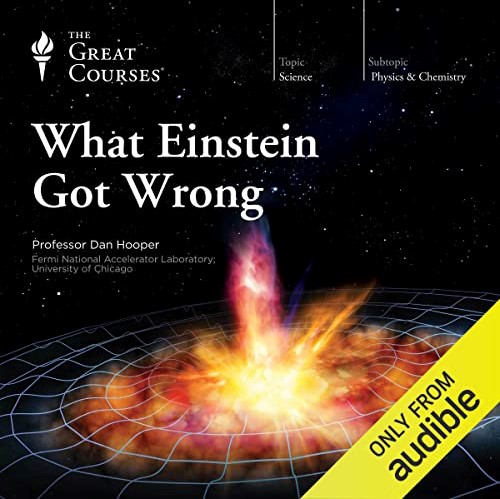Can You Hear Now

One consequence of my mis-spent youth is raging Tinnitus. In fact, when some greedy lawyer gets the victim train rolling for everyone who thought spending their teenage years in 160-decibel concert venues would only make them temporarily deaf, I’ll be among the star class-action witnesses. Only reason it hasn’t happened yet is that all those 60’s and 70’s rockers either squandered their earnings on loose living or they’re already dead from the consequences of their own youthful excesses.
The primary daytime side effect from Tinnitus is that I occasionally miss something important someone says to me — no telling how much unimportant stuff I’ve missed because nobody felt compelled to repeat it. My wife contends that my Tinnitus flares up every time she asks me to do something, but who ever heard anything so ridiculous?
The nighttime side effects, on the other hand, are significant. When the ringing wakes me at 3:00AM and I’m too lazy to get up and write, I stick in my ear buds and listen to recordings of nature sounds. Sometimes, that works, and I fall back asleep until the alarm goes off. Other times, it only pacifies me for an hour until I finally roll out of bed and fire up the computer. Hence, this missive — It’s 4:15AM on Christmas morning as I write this, and no, I don’t hear any tiny reindeer hooves on the roof.
A couple weeks ago, I was listening to a soundtrack called “Good Morning Mother Nature”. It featured early morning sounds of a waking jungle. Instead of putting me back to sleep, it got me thinking about those unique sounds. Were the howls of the monkey just some creature trying to scream away the darkness or did they convey a distinct message to his monkey pals? Did other birds receive a clear and meaningful signal from the treetop orations of their avian tribe members?
Science is making inroads towards understanding the languages of various other species but what about the stuff we can’t even hear? You and I are hurdling around the Earth’s core at roughly a thousand miles per hour but we’re also moving in other random directions — whether it’s a quick trip to the local coffee shop or an overseas vacation. And all that time, we’re communicating with other human beings who are engaged in similar movements.
Imagine you’re an alien from Mars, sitting in your back yard and observing humans’ seemingly random movements via your homemade telescope. It might appear that we’re bouncing off each other in a chaotic fashion and not even communicating. That’s a lot like our understanding of atoms. Recent atomic studies have documented that electrons aren’t simply orbiting their nucleolus. They are wildly crashing into each other and bouncing off in infinite directions. What if they’re really just going to their local coffee shop or taking an exotic vacation?
And what if those electrons are actually talking to each other in a language, we cannot even begin to hear, much less interpret? What if, — like those treetop birds in the jungle — their communication spans great distances and relays vital information? What if they favor different genres of music, depending on the unique class of atomic shell they inhabit? What if their culture is every bit as complex and fractured as our own but just too tiny for us to comprehend?
What if those electrons still believe they are the center of the universe and that the rest of us are spinning about them instead of the other way round? Will it screw with their tiny electron-psyches when they discover how infinitely large the world is and the ordered set of natural laws that drive it? Or, do they already know that?
Micro vs Macro
If those tiny electrons dance to the music of soundwaves too small for us to comprehend, what about the giant planets, stars, and solar systems of our universe?
 Email me at guy@lawsoncomm.com. I’ll buy you coffee and we can talk about whatever is on both our minds.
Email me at guy@lawsoncomm.com. I’ll buy you coffee and we can talk about whatever is on both our minds.
![]()
We exist as slowed down sound and light waves, a walking bundle of frequencies tuned into the cosmos. We are souls dressed up in sacred biochemical garments and our bodies are the instruments through which our souls play their music.
― Albert Einstein

Did someone forward this newsletter to you after reading it themselves? Don’t settle for that!
CLICK HERE
to get a fresh, unused copy of this newsletter sent directly to you every Sunday morning. If you decide it stinks, you can always unsubscribe.
What Einstein Got Wrong
Dan Hooper, PhD

In 75 years, somebody might write a book entitled “What Dan Hooper Got Wrong”, but meanwhile, this is a great book for non-scientists. It’s broken into 12 half-hour lectures that talk about stuff like black holes and the Big Bang. Most important, it’s interesting and it’s free from Audible.












